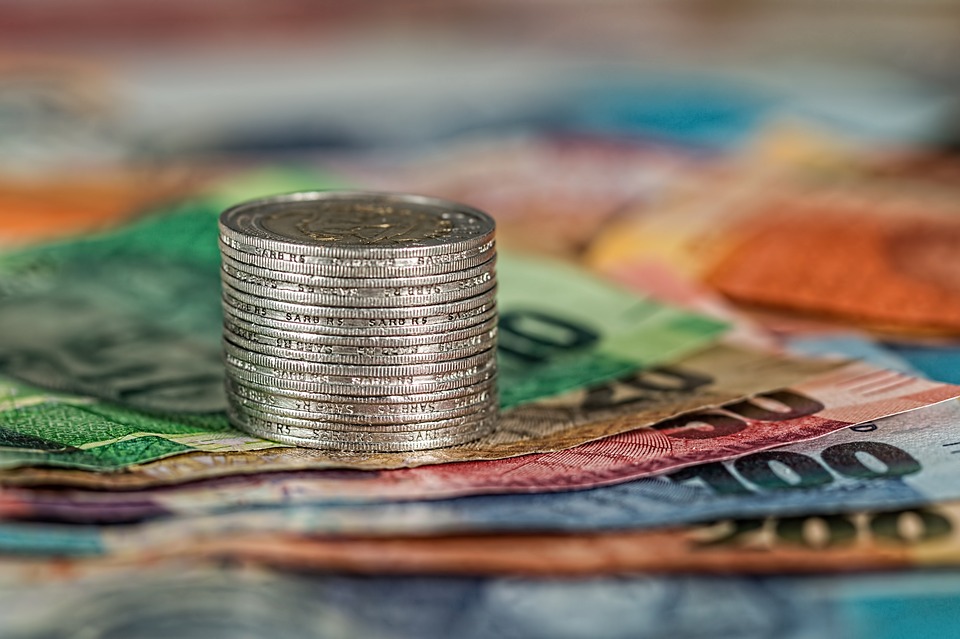As more of our lives become automated, many facets of life switch from analog to digital. This same principle applies to how we spend money, as well. But instead of just using your Apple Watch to pay for something, you can still use a credit card at cashless stores.
While many places still use paper or coined money, Sweden leads the charge in becoming a cashless society. In fact, they plan to launch their own digital currency by 2021. Then, in 2023, they plan to become completely cashless.
In contrast, one U.S. city just declared the exact opposite goal regarding going cashless.
An Argument Against Cashless Societies Based on Numbers
Officially, the city of Philadelphia says that they banned cashless stores to protect their low-income residents. This follows research that suggested how a cashless society would negatively affect low-income residents.
It doesn’t just involve being in debt or having less money at your disposal either. The research showed multiple risk factors in a cashless scenario including:
- Low-income residents who rely on cash in order to budget more effectively
- Residents living in places with poor internet connectivity that could interrupt payments
- Citizens with mental or physical ailments which affect the use of digital services/products
- People in abusive relationships which could lose financial independence without cash access
Philadelphia and these researchers aren’t the only ones against cashless societies either.
New numbers for the U.K. cash system show that it is on the verge of “complete failure”. Initial numbers suggest that cashless stores would “leave behind” around 8 million people. Due to the reasons above and more, the U.K. may soon need to decide as Philadelphia did.

The Inevitability of a Cashless Future
While a ban on cashless stores isn’t inherently bad, Philadelphia also ratified punishments for cashless stores. However, only establishments who charge cash-paying customers extra remain vulnerable. Those in violation of the new law may face fines of $2,000 USD or less.
Curiously, parking lots, wholesale stores, garages, and rental companies find themselves exempt.
As you can imagine, business leaders in the city expressed concern over the law regarding business independence. Some argued that they should decide how to run their business (not the city).
Despite the validity of cashless society concerns, the world will have to switch eventually.
Cashless stores can promote easier currency exchange, lower crime rates, less money laundering, and faster transaction times. With increasing automation, this transition seems inevitable.
How will cities reconcile human problems with business adaptations?



















Comments (0)
Most Recent